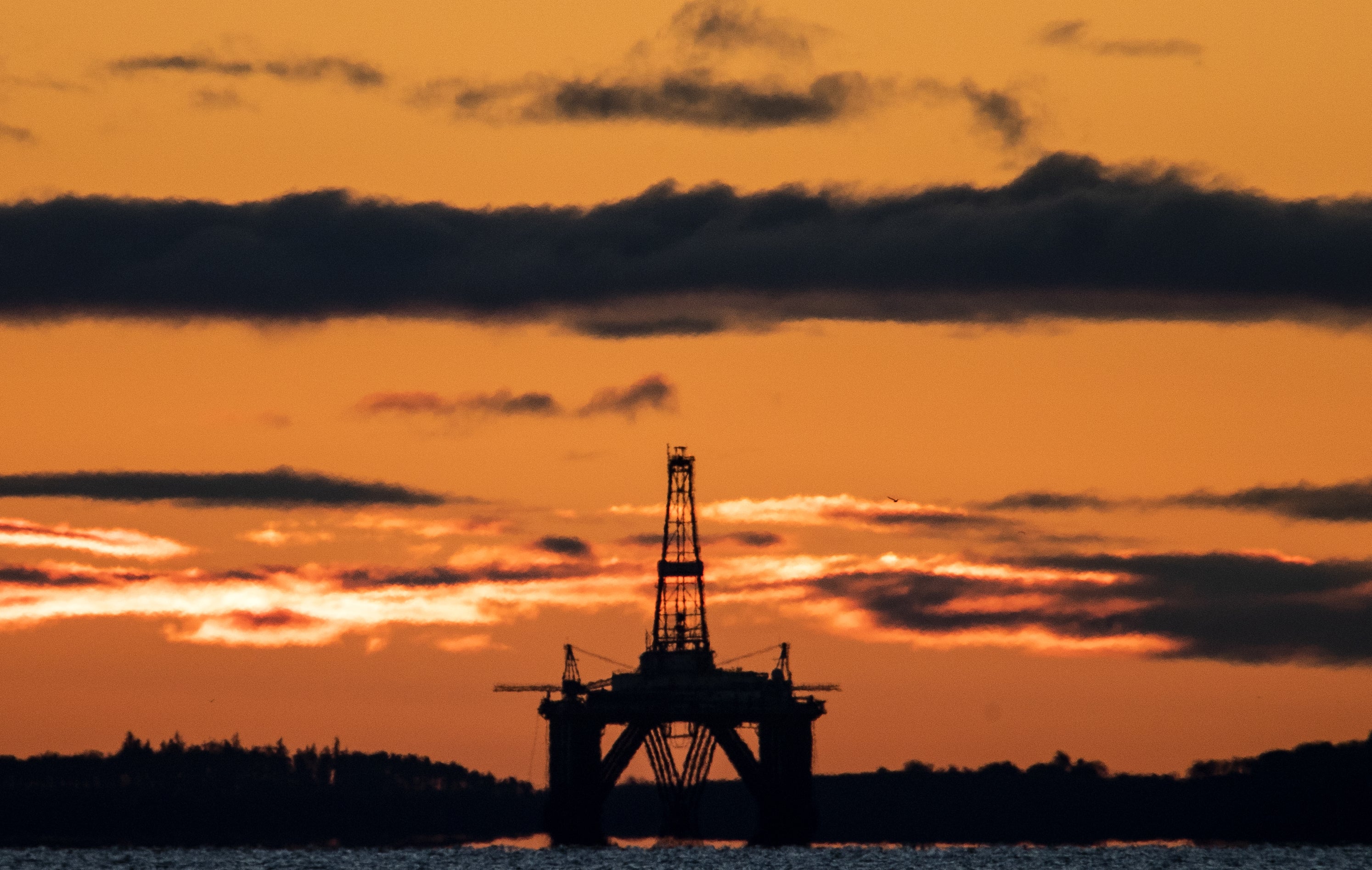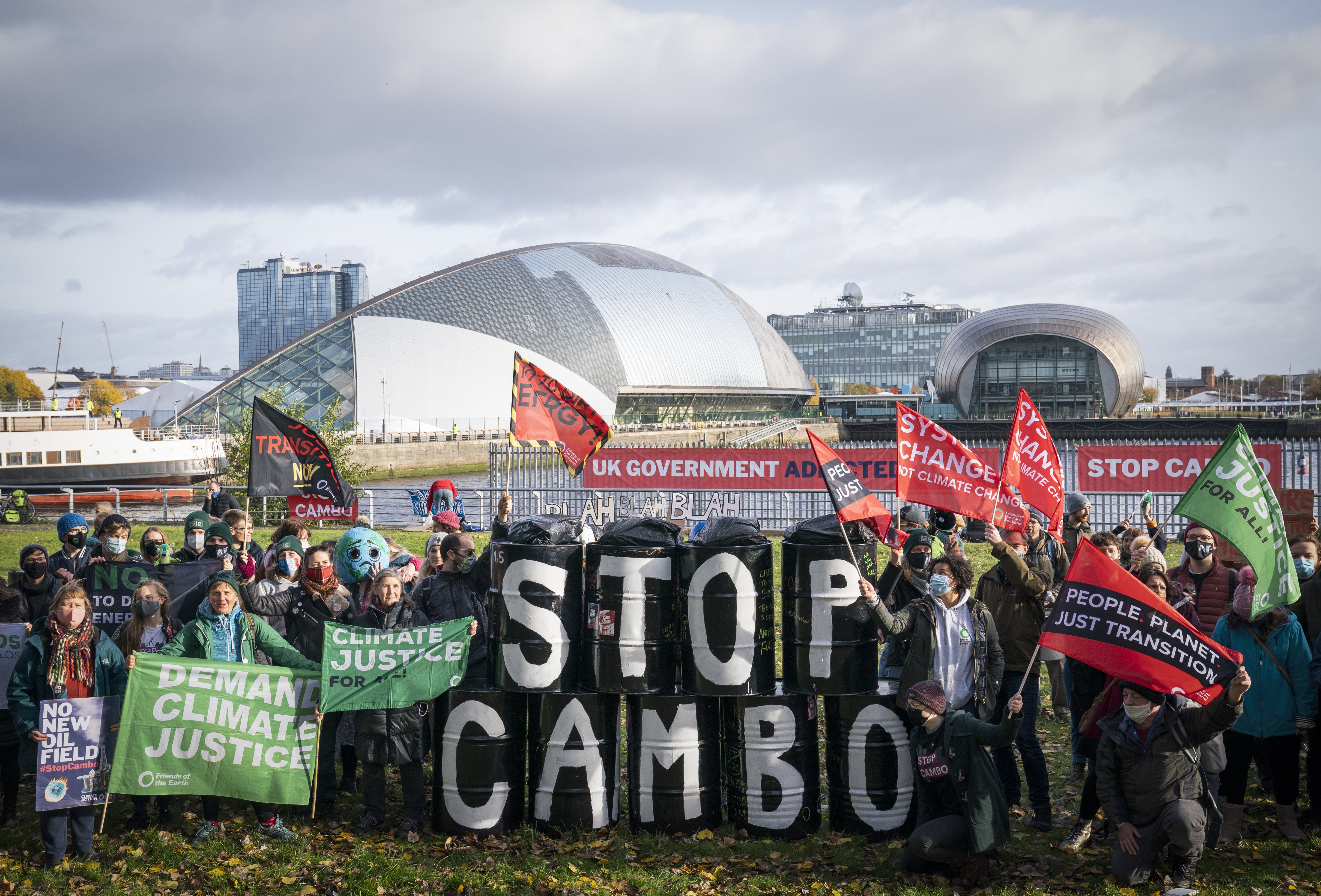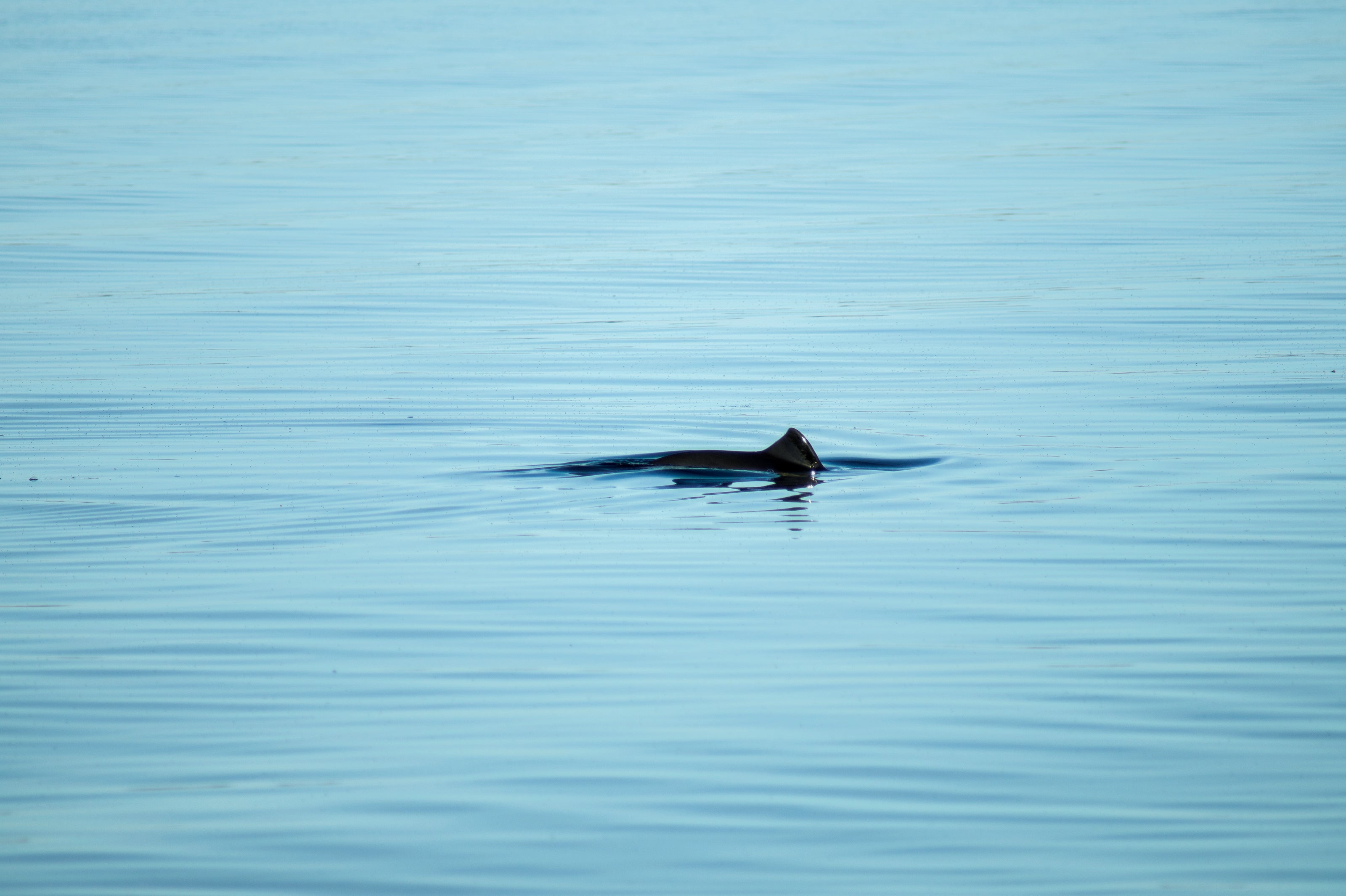North Sea oil and gas licenses ‘overlap’ with marine protected areas home to threatened species
Exclusive: The analysis by Uplift found that more than a third of the locations being offered clash with protected habitat zones

Hundreds of the locations being offered to companies to explore for oil and gas in the North Sea overlap with marine protected areas (MPAs) home to threatened species, new analysis has revealed.
The North Sea Transition Authority formally launched a licensing round for exploration and potential development in the North Sea on Friday.
The analysis by the campaign group Uplift found that 352 of the 898 locations being offered – more than a third – fall across areas designated to protect species and habitats among other important environmental features. Some of those overlaps are tiny, but 166 of the locations fall fully within the protected zones, it added.
Meanwhile, other locations fall in the Arctic region as defined by the Arctic Monitoring and Assessment Programme, a working group of the Arctic Council, according to Uplift. Some companies have already restricted their investment and underwriting of operations in this region due to its environmental fragility.
Uplift, which campaigns for a fossil-free UK, said it was not unusual for the North Sea Transition Authority to offer locations in MPAs in licensing rounds. But it warned that the safeguards in place to protect these areas were already limited and said it was concerned they could be further eroded as the government pursues a “deregulatory agenda.”
“These habitats, which are home to an incredible array of creatures, are protected for a reason,” said Tessa Khan, director of Uplift. “Will this government respect these fragile ecosystems? Or will it, as has been reported, consult with the oil and gas giants on getting rid of as many barriers as possible?”
The Guardian reported this week that ministers were actively examining ways to evade legal, environmental and public scrutiny of new oil and gas projects.

It came after the government’s mini-Budget revealed that five oil and gas fields in the North Sea and North Atlantic – including the controversial Cambo field – are among infrastructure projects that will be accelerated “as fast as possible.” The projects may benefit from acceleration through planning reform, regulatory reform, and “improved” development consent processes, the government said.
Joan Edwards, director of policy at the Wildlife Trusts who last year was awarded an OBE for her contribution to marine conservation, said the government shouldn’t allow the development of oil and gas in marine protected areas.
“There is an environmental crisis,” she told The Independent, adding that the government was committed to protecting 30 per cent of our ocean for nature by 2030. “You’re not going to achieve the ‘30 by 30’ if you start damaging our protected sites.”
Ms Edwards said she agreed with Uplift that there was a risk environmental regulations that protect marine life could be watered down under the new government. She pointed to EU laws that could be repealed under legislation introduced to parliament last month that include protections for ocean life.
“I’m absolutely terrified,” she said.

Among the protected areas with exploration licences on offer is the Faroe-Shetland sponge belt Nature Conservation MPA. This gained attention last year when environmentalists said the proposed Cambo oil field project risked jeopardising hundreds of species and damaging a deep-sea sponge habitat, known as “cheese-bottoms.”
The Marine Conservation Society said at the time that the sponge beds were “incredibly sensitive” habitats, home to a type of clam that can live for hundreds of years and that any construction, movement and potential leaks could have “devastating” consequences. The clam – one of the oldest living animals on Earth – and the deep-sea sponge are both considered to be threatened.
Others include the Dogger Bank Special Area of Conservation, home to the largest sandbank in UK waters and a variety of species including hermit crabs, flatfish and starfish, and the Southern North Sea Special Area of Conservation, an area of importance for harbour porpoises. Oil and gas fields cause underwater noise which can cause these porpoises to lose their sense of direction and cause them to become stranded.
Dr Chris Tuckett, Director of Programmes at the Marine Conservation Society, said further gas and oil development “risks biodiversity in some of our most important marine habitats which are supposed to be protected, as well as posing a threat to our global climate.”

Chris Thorne, an oceans campaigner at Greenpeace UK, said marine protected areas should be “off limits” to extractive human activities such as oil and gas development.
“They should be properly protected,” he said.
The North Sea Transition Authority said it consulted with the government and the Offshore Petroleum Regulator for Environment and Decommissioning (OPRED) among others when deciding which locations should be offered up in the licensing round.
Prior to any licences being awarded, it said OPRED will carry out a screening exercise to determine whether any of the proposed activities are likely to have a significant effect on the management of Special Areas of Conservation or Special Protection Areas, and if so whether the activities could have an adverse effect on their integrity.
Licences will only be awarded where it has been ascertained that there will be no adverse effect on the integrity of such areas, it added.
A government spokesperson said: “We remain fully committed to the legally-binding target of achieving net zero greenhouse gas emissions by 2050 and we are transitioning to clean, affordable, home-grown energy as part of a drive to increase the UK’s energy independence.
“As part of the process of awarding licences, the Offshore Petroleum Regulator for Environment and Decommissioning (OPRED) will, where relevant, complete an appropriate assessment to determine if the activities could have an adverse effect on protected areas. This assessment will have an influence on the decision as to whether licences will be awarded.”
Join our commenting forum
Join thought-provoking conversations, follow other Independent readers and see their replies
Comments


Bookmark popover
Removed from bookmarks